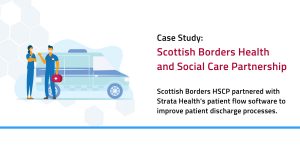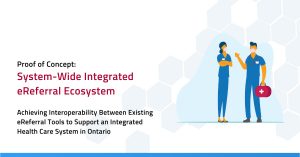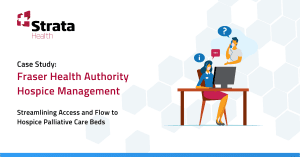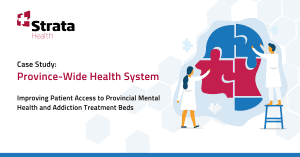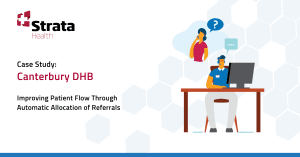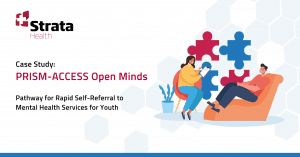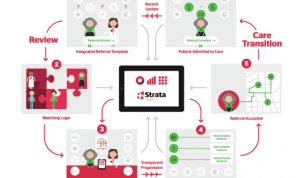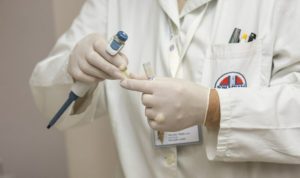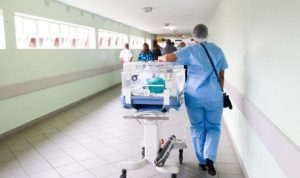
The Background
A Do Not Attempt Cardiopulmonary Resuscitation (DNACPR) is a document that formalises decisions about whether a patient should be treated with cardiopulmonary resuscitation (CPR) if their heart stops, or if they stop breathing.
Decisions are recorded on special DNACPR forms and, as a best practice, stored within the patient record, making it easy for doctors, nurses, and healthcare workers to recognise a DNACPR decision in an emergency quickly. The form states that if your heart or breathing stops, CPR should not be attempted.
The Problem
Across healthcare organisations within the Morecambe Bay CCG, the process for creating and storing DNACPR forms varied greatly, with some decisions being documented on paper and others being stored directly on the Electronic Patient Record (EPR).
Morecambe Bay CCG and partners identified several problems with the documentation and communication of valid DNACPR orders, including:
- Handwritten forms varied in clarity and readability, inhibiting clear decision-making.
- Paper-based forms were not being shared across healthcare settings, in particular, hospital services, primary care, and the ambulance service.
- Inconsistencies in documentation and storage led to disputes between patients, families, and healthcare professionals.
The Solution
The Morecambe Bay CCG commissioned Strata Health to develop a universal process for recording DNACPR decisions, removing room for error and uncertainty. The solution was integrated within local EPR systems and automatically shares the resulting document with key healthcare organisations within the region, including:
- The UHMB Acute Hospital
- The patient’s registered GP practice
- The North West Ambulance Service
Beyond the automated communication through Strata PathWays, the broader solution allows DNACPR decisions to be sent directly to healthcare professionals through Morecambe Bay’s existing record-sharing capabilities. For example, Out of Hours healthcare and Community Services have access to GP shared records.
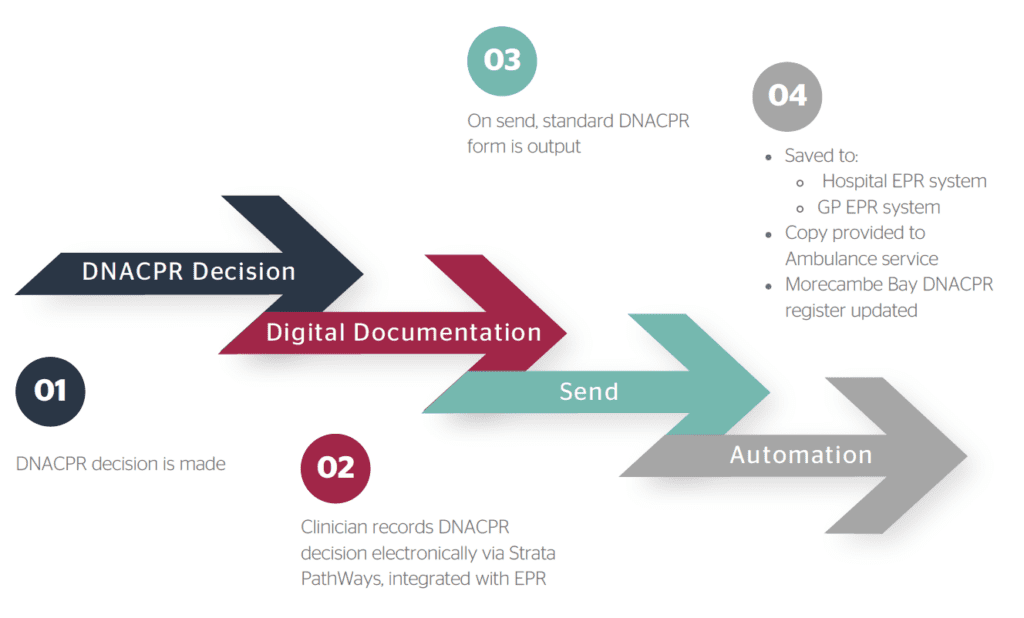

The Impact


400 DNACPR decisions captured and shared in the first 3 months of operation.


15 decisions withdrawn and withdrawal shared across providers.


Clear, Accessible Documentation
The solution has been embedded within the UHMB Foundation Trust and deployed across 33 GP practices across Morecambe Bay as the preferred process for recording DNACPR decisions.
Informed Decision-Making
A record of all DNACPR decisions in the region exists in one place, accessible in real-time, providing the trust and CCG with the ability to make more informed decisions and conduct appropriate reviews.
Increased Transparency & Improved Efficiencies
Digital sign-off makes gathering signatures from senior medical professionals easier, faster, and more efficient. Average of 7 minutes to record a DNACPR decision, AND to share the decision with key healthcare organisations.
Improved Patient Engagement
The rollout of the new solution increased patient-provider conversations about end of life decisions.
The Next Steps
We worked with the ICB to improve and iterate on the process continually. Our next areas of focus were:
- Usability: Acting on real end-user feedback to continually improve the user experience of using the application for this purpose.
- Workflow: Refinements and additions to the workflow, additional requirements that have been identified since go live to be incorporated.
- Terminology: Updates and improvements to the terminology used within the app that users have identified.
- Expansion: As the solution gains traction, it will be deployed across additional geographical areas within the Integrated Care System (ICS).
Ready to take the first step down a better path?
Contact Strata Health today!


